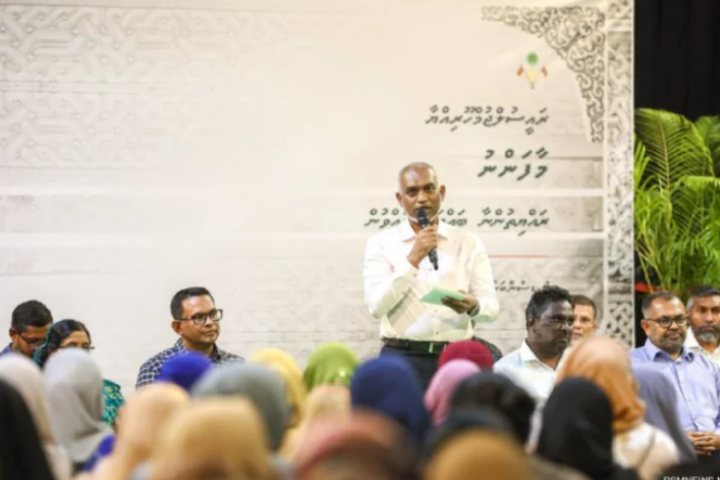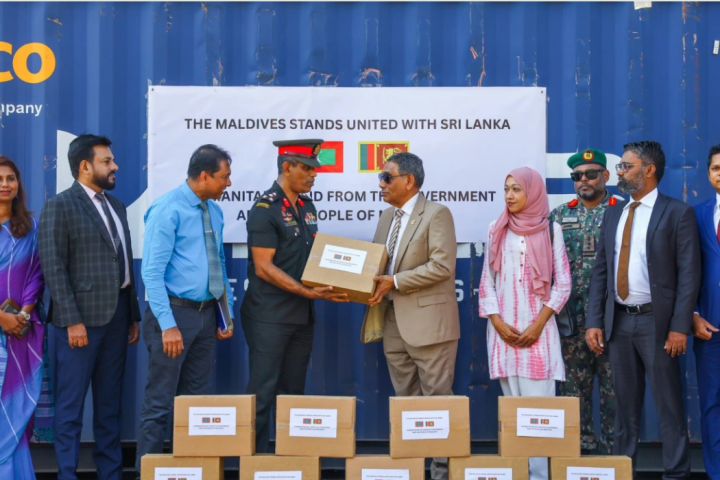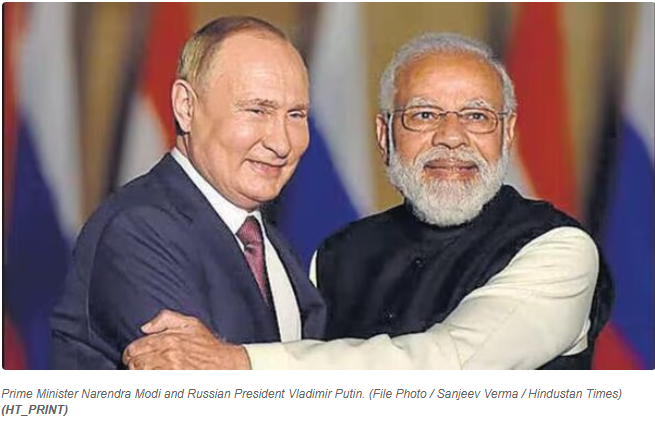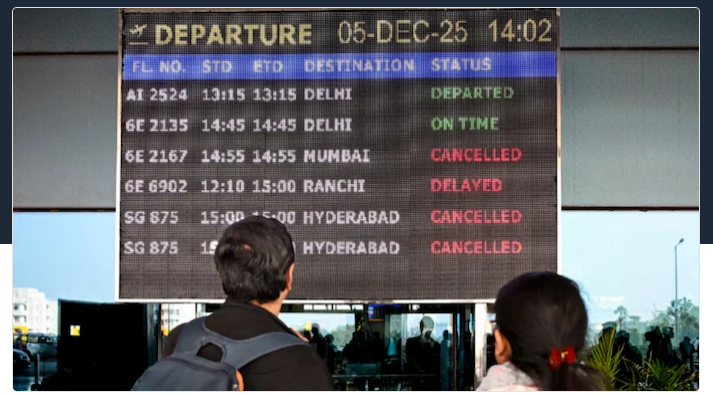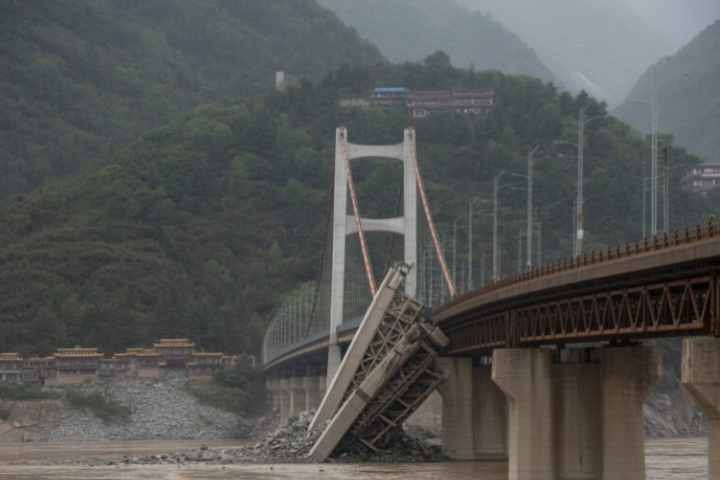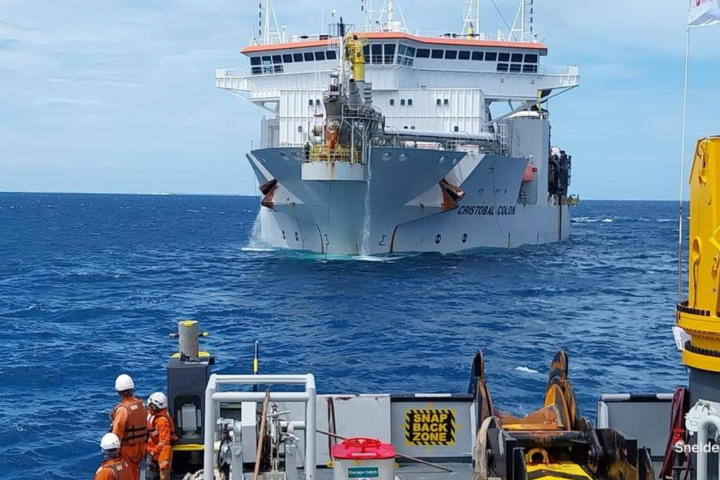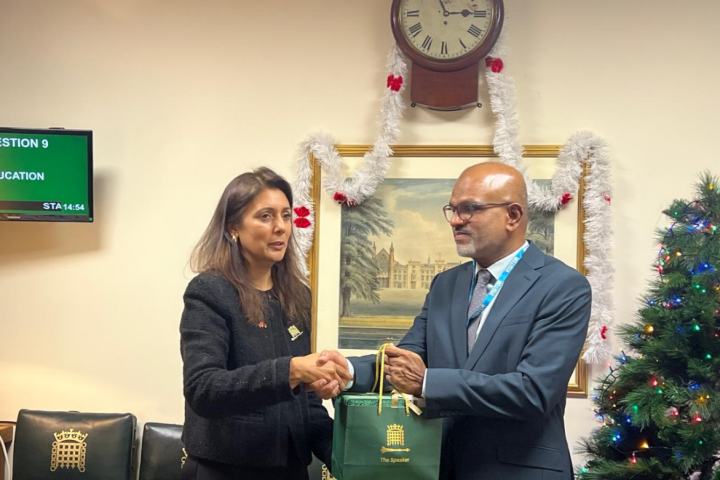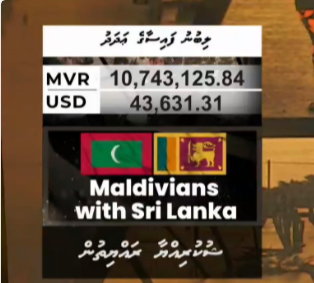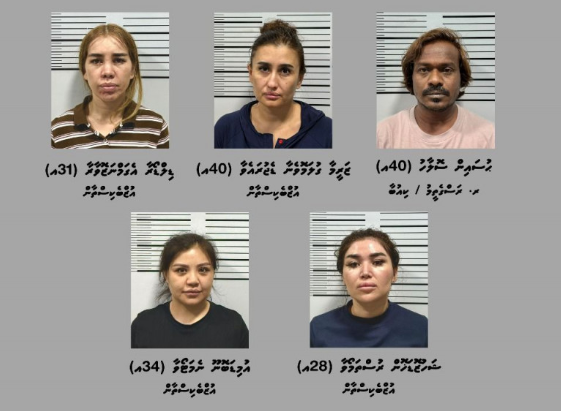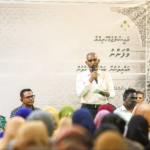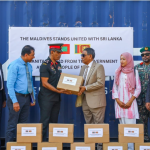MALE’, Maldives — As Prime Minister Narendra Modi wrapped up his two-day visit to the Maldives on Saturday, the nation took stock of a diplomatic moment that quietly reshaped its relationship with India. This was no mere state visit; it was a deliberate act of bridge-building, confronting past tensions and laying the foundation for a partnership rooted in mutual respect. President Muizzu’s foresight and wisdom in embracing this renewed dialogue have been pivotal in steering Maldives-India relations toward a collaborative future.
In a country where the “India Out” campaign once fuelled political rhetoric, PM Modi’s meetings with President Dr. Mohamed Muizzu, Speaker Abdul Raheem Abdullah, and a broad spectrum of leaders showed that ties between these neighbours are not just enduring but capable of evolving beyond old grievances.
The strength of India-Maldives relations, like any alliance, often hinges on the trust between leaders. As Harvard’s Joseph S. Nye Jr. has noted, personal relationships can shape the trajectory of state-to-state ties. PM Modi’s visit exemplified this, turning skepticism into dialogue. His meeting with Abdul Raheem, a former “India Out” advocate, was particularly striking. Their discussion about an India-Maldives Parliamentary Friendship Group marked a significant step toward institutionalizing cooperation. On X, PM Modi called the exchange “meaningful,” a sentiment Abdul Raheem echoed with optimism—a quiet but significant shift for a figure once wary of India’s engagements. This moment, as Henry Kissinger once said of leadership, was about guiding people toward where they need to go, not where they’ve been.
In the Maldives, perspectives on India fall into two camps: those who recognize the strategic and cultural bonds with their neighbour, embracing its role as a regional anchor, and those whose skepticism, often rooted in nationalist concerns, clouds their view of this partnership. Sometimes, the Maldives’ missteps stem from failing to heed clear statements, overlooking not just the fine print or subtext but the plain intent itself—as when External Affairs Minister S. Jaishankar, during his last visit to Male’ alongside Foreign Minister Zameer, articulated India’s commitment to mutual growth with unmistakable clarity.
PM Modi’s engagements—with President Muizzu, Vice President Hussain Mohamed Lateef, former President Mohamed Nasheed, and opposition leaders—underscored a growing consensus that this relationship must not be hostage to past tensions. His emphasis on India’s “Neighbourhood First” policy and the “SAGAR” vision (Security and Growth for All in the Region) resonated across these talks. On X, PM Modi noted the “bipartisan support for the strong and time-tested India-Maldives friendship.” Nasheed, a longtime advocate for close ties, reinforced this, reminding us that the Maldives’ future is tied to India’s goodwill. Through these engagements, India’s commitments—training programs, infrastructure support, and development aid—offer a path to empowerment, not extraction.
India’s leadership in the Global South complements the Maldives’ advocacy for climate action and Small Island Developing States (SIDS). While India’s pursuit of its global interests does not hinge on the Maldives, a nurtured synergy could amplify both nations’ influence on the world stage. Yet friendship demands vigilance. The evolving regional security landscape is fraught with red flags—missteps that could erode trust if not addressed. Former Secretary of State Madeleine Albright once said diplomacy is about understanding perspectives and building trust through consistent actions. EM Jaishankar has similarly stressed that “neighbourhood relations thrive on mutual respect and sensitivity to each other’s core concerns.” Both nations must tread carefully, weaving diplomatic wisdom with proactive efforts to defuse tensions.
President Muizzu and Abdul Raheem, by engaging openly with PM Modi, showed the courage to navigate domestic skepticism and embrace a broader vision. Their willingness to move beyond past rhetoric signals a maturity that strengthens the foundation for sustained collaboration.
PM Modi’s visit reminded us that this is about partnership, not dominance—where India’s support, from economic aid to security cooperation, empowers the Maldives to thrive. As PM Modi departed, he left behind a Maldives not naive about the challenges but newly confident in the possibilities of collaboration—a triumph signalling the opening of a chapter where calibration, not confrontation, will define the path forward, provided leaders heed the red flags that could derail their progress. For India-Maldives relations, that’s a triumph worth celebrating.

